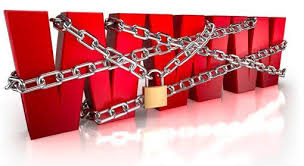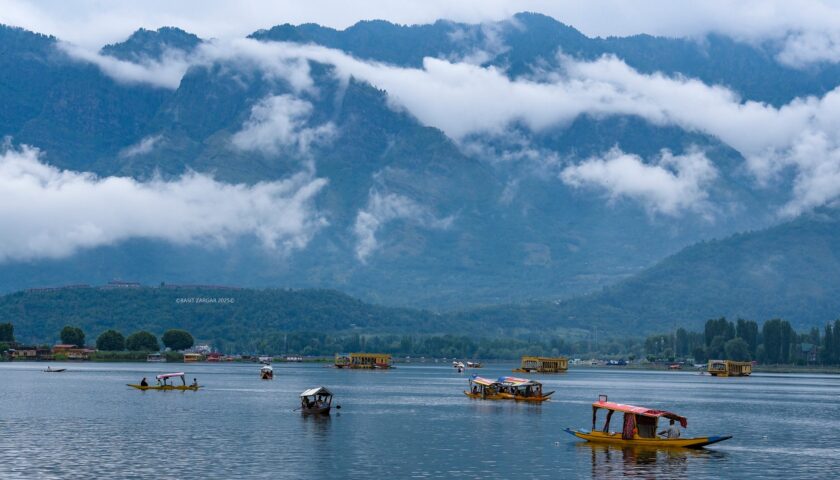In the era of digital India, Jammu and Kashmir (J&K) has witnessed internet shutdown for more than 197 times in 2018-19. One of the first steps taken by the government for the maintenance of law and order in Kashmir is shutting down the internet to stop the dissemination of provocative content or news. Intermittent internet suspension has been disrupting studies, business, reporting and social life of the residents of the state to a great extent. Digital disconnection and denial of proper, high-value bandwidth, at a time when telecom giants are showcasing superhighways of online communication, promising 5G speeds while claiming to provide fastest 4G speeds to the Indian citizen, is nothing less than virtual incarceration for an entire population.
Recently Parliamentary elections were held in Kashmir with turnout of less than 10 percent. But the stunning part is that on polling days the internet was blocked in every parliamentary constituency. The question which arises here is that if India claims of digital boom, why is digital divide and E-curfew a norm in Kashmir?
As internet has become an important resource for the society, people in Kashmir especially students, traders, journalists and web designers have been suffering immensely due to the internet shutdown. According to a report by Brookings Institution, India has recorded more days of internet shutdown than Iraq or Pakistan. The report also estimates Rs 6,458 crore business losses to India due to the internet shutdowns over the past year or so, which is the highest harm caused to one country globally due to rampant internet clampdowns.
Internet shutdowns violate citizens’ right to freedom of speech and expression and are inherently damaging to any democratic institution. And the growing impunity with which state governments are pressing the ‘internet kill switch’ suggests an equally growing disregard for the sanctity of these rights. Incidentally, a United Nations Human Rights Council resolution passed earlier this month condemns internet censorship and terms it a violation of international human rights. United Nations Human Rights Council has noted the potential of internet as a great enabler for humans to achieve the ideals of freedom and progress. It has on several occasions reiterated that access to internet is a human right.
In 2016, in accordance with Article 19 of the Universal Declaration of human rights and the International Covenant on Civil and Political Rights, it affirmed:”The same rights that people have offline must also be protected online, in particular freedom of expression, which is applicable regardless of frontiers and through any media of one’s choice.” In the same document, the council unequivocally condemned the measures to deliberately prevent or disrupt access to or dissemination of information online and deemed it to be in violation of international human rights laws.
The claims of much hyped initiative of Modi Governments “Digital India’ has been fractured brutally in Kashmir. The frequent digital curfews deny people’s rights to know, and have emerged as a significant tool of censorship by the government. India is increasingly utilizing these shutdowns under the guise of security situations. The telecom companies on the other side continue to charge the customers even during period of shutdowns in an organized deception. The digital era has been crushed in Kashmir and the digital blossom has been strangled and shattered. The people of the valley are now tired of these virtual shutdowns. Restoration of the democratic rights, including the freedom of speech and expression may be seen as sincere political approach toward a possible resolution.
Kashmir continues to live under the threat of ‘curfewed days and nights’. In his classic defence of free speech On Liberty, John Stuart Mill laid down what is known as the ‘harm principle’. It postulates that the only justification for silencing a person against his will is to prevent him from causing harm to others. One may ask, how does internet harm a country that takes pride in being the world’s largest democracy? The idea that internet can be a threat to ‘national security’ is nothing but sham.
Tariq Rasool Ahanger| Bilal Ahmad Dar
tariquzaman121@gmail.com




